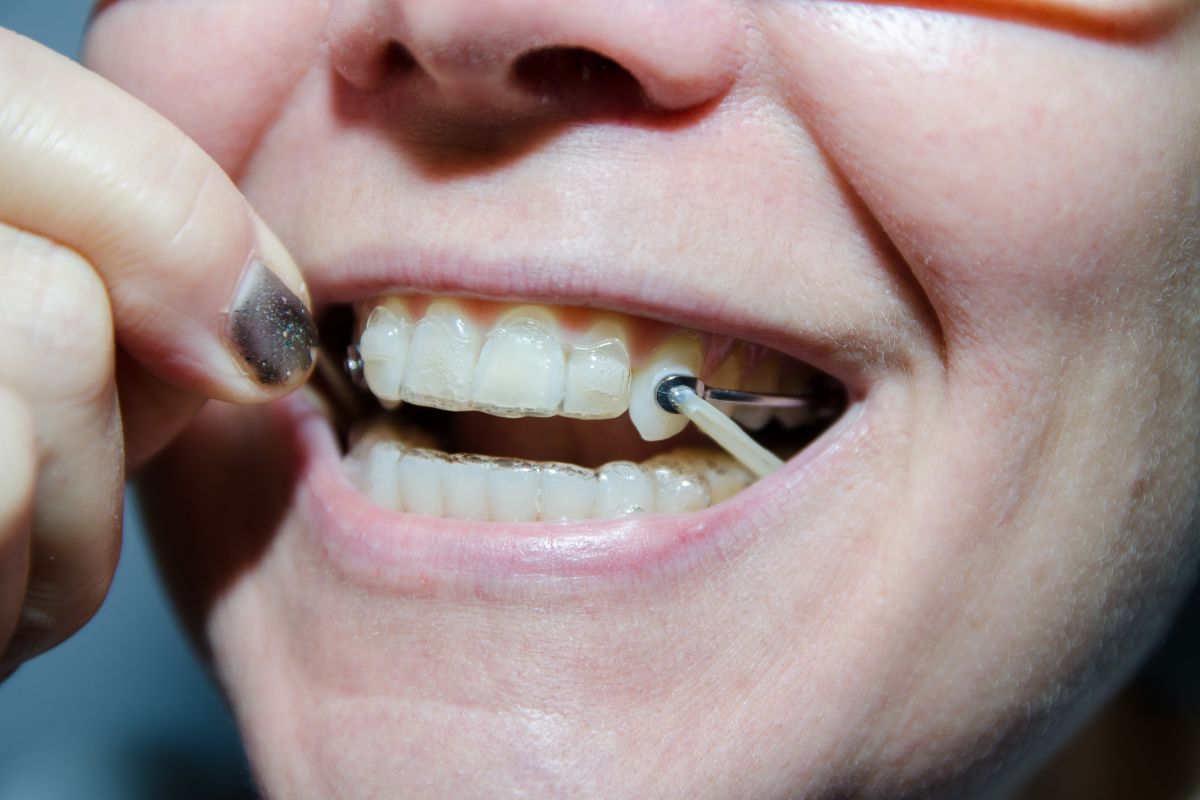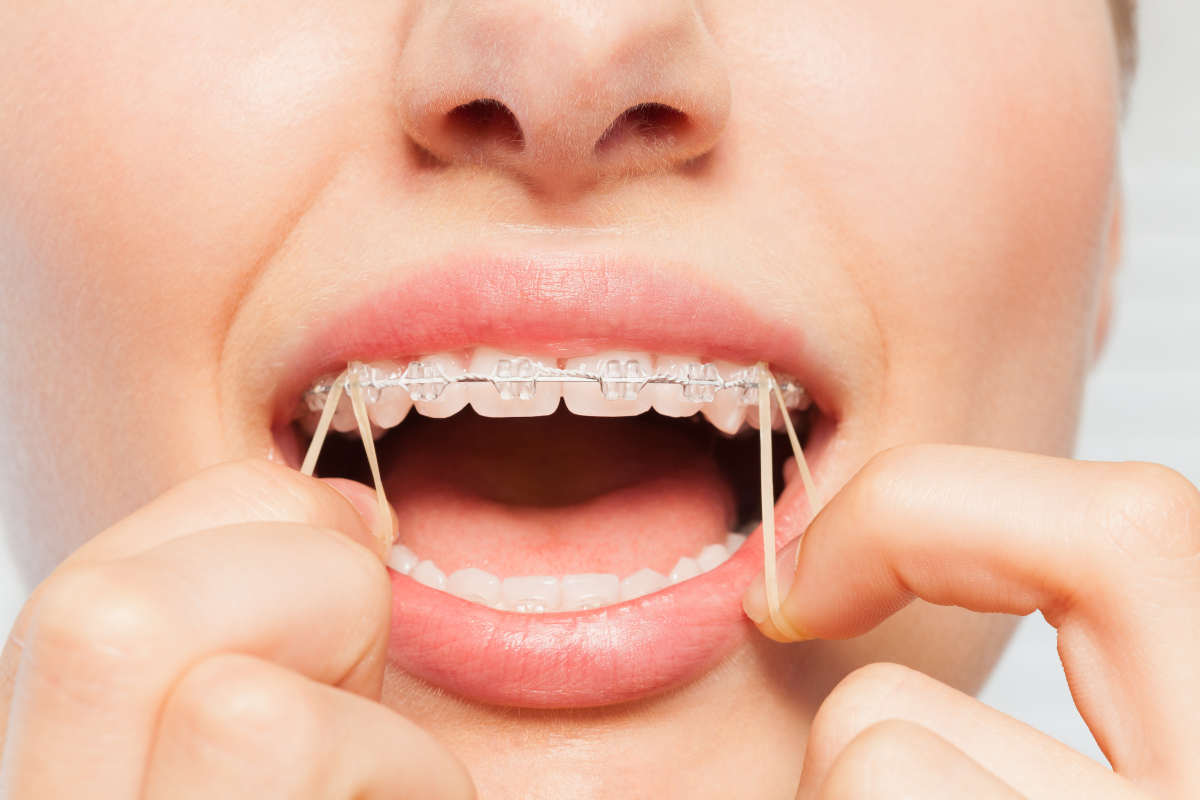TMJ Disorders
Temporomandibular joint disorder, commonly known as TMJ, can have significant and long-term repercussions both your physical and mental well-being. TMJ disorders, while related to problems with the jaw joint and the muscles of mastication, can also result serious dental damage.
What is TMJ?
Essentially, the temporomandibular joints are those areas directly in front of the ear where your upper and lower jaws meet. You can think of the TMJ as a hinge, allowing the upper jaw to close, but it’s more accurately described as a sliding ball and socket joint, with a disc in between. It’s also a well-used joint, as it’s responsible for moving the jaw when biting, chewing, talking, and yawing. It’s under tremendous stress throughout the day, but when working efficiently, the TMJ allows us to perform all of these actions without pain. However, if something in this complex collection of muscles, tendons, and joints is out of place, then a number of problems can arise.
What are TMJ disorders?
There are a number of conditions that fall into this category: clicking sounds in the jaw, ear pain, headaches, malocclusion (bite issues), and stiffness.
These symptoms, if caused by TMJ disorders, can be chronic and in some cases go misdiagnosed as they are seemingly unrelated to a jaw disorder. For example, approximately half of patients with a TMJ disorder report having ear pain; 40 per cent say they experience dizziness; a third present with either tinnitus (ringing in the ear) or a sensation fullness of the ear. In some cases, patients are misdiagnosed with an ear infection. And, in fact, in many cases TMJ disorders are diagnosed by ear specialists.
What causes TMJ disorder?
There are a number of factors that can lead to the development of a TMJ disorder. These factors can be present for years before the development of any TMJ symptoms and early detection and treatment can help prevent the development of TMJ disorders.
Teeth grinding and clenching are strong contributors to TMJ disorders. What makes these most challenging to combat is that often the patient is unaware of the behaviour. Frequently, it will be a spouse who notices grinding during the night; or a dental professional detecting signs of wear and tear on the teeth.
Bite issues (malocclusion) also can contribute to the development of TMJ disorders. Overcompensating for a deficient bite on one side of the jaw, can tax the other side and result in TMJ problems.
Other contributing factors include: habitual gum chewing/nail biting; jaw trauma, including fractures in the jaw or facial bones; stress, and repetitive occupational behaviours, such as holding a telephone between the head and shoulders.
TMJ disorder treatments
Depending upon the severity of the disorder, treatment for TMJ disorders can range from rest and ice to surgery. From TMJ disorders resulting from bite issues and teeth grinding, a dental professional can help to alleviate symptoms and rectify the contributing factors.
Some disorders can be treated using custom-made appliances, frequently worn at night, to eliminate teeth grinding and/or clenching. Other cases require corrective dental therapy, such as orthodontics, to repair abnormal bites and ensure proper alignment of the teeth. Treatment with Invisalign aligners while eliminating interferences from malpositioned teeth, can also provide relief by acting as night guards. In many cases, injecting Botox into jaw muscles alone or as an adjunct to an orthodontic appliance, may provide dramatic relief to patients.
We strongly encourage anyone who is concerned about TMJ disorders to contact us to discuss both diagnosis and treatment options. Our team is happy to answer any questions you may have and explore your options.
Training for dentists. Patient volunteers for treatment. Register at botoxtrainingcentre.ca

Recent Posts
-
Inside the World of Orthodontists: Education, Precision, and Transformative Treatments
The Evolution of Orthodontics: A Brief Historical Overview Orthodontics, an integral branch…
-
How Orthodontists Plan a Treatment for a Beautiful Smile
Understanding the Patient's Unique Needs A positive self-image and confidence can result…
-
Unleash Your New Smile! Here's What You Need to Know Before Braces Removal
Are you excited to see your smile transformation? Taking your braces off…
-
Traits That a Good Orthodontist Should Have
Choosing an orthodontist is half your smile transformation journey. That’s why in…
-
How Braces Can Help Fix an Asymmetrical Jawline
An asymmetrical jawline can cause concern for many individuals, affecting their appearance…
-
Can Cavities Be Reversed?
Cavities are among the most common dental issues people of all ages…
-
What to Prepare During Your First Braces Appointment
Are you about to embark on your journey to a beautiful smile…
-
Taking Care of Baby Teeth: A Comprehensive Guide for Parents
Caring for our children's health is one of our most crucial responsibilities…
-
What are Brace Elastics?
If you or someone you know is undergoing orthodontic treatment with braces,…
-
Difference Between an Overjet and Overbite: A Comprehensive Guide
Two orthodontic terms that often confuse our patients are "overjet" and "overbite."…







 Instagram
Instagram